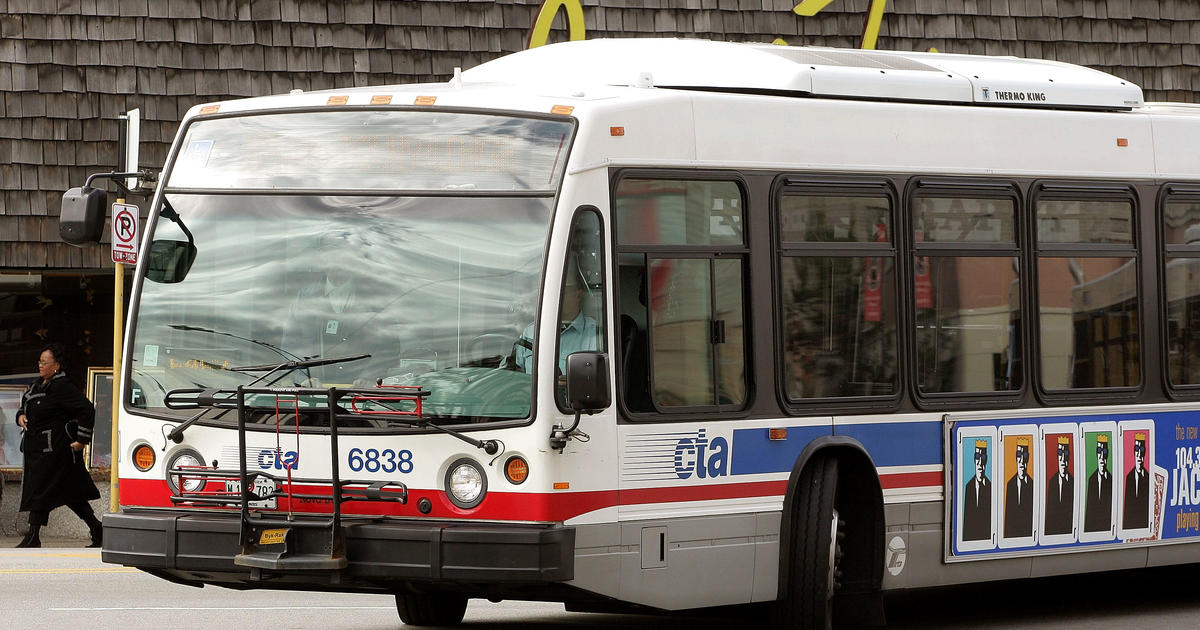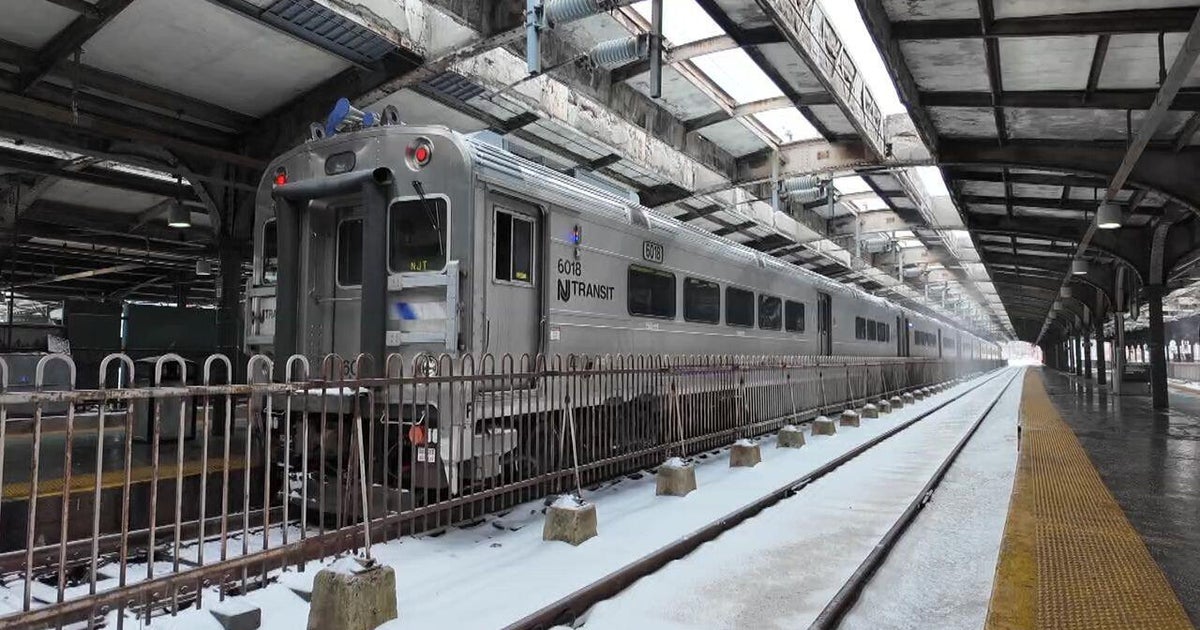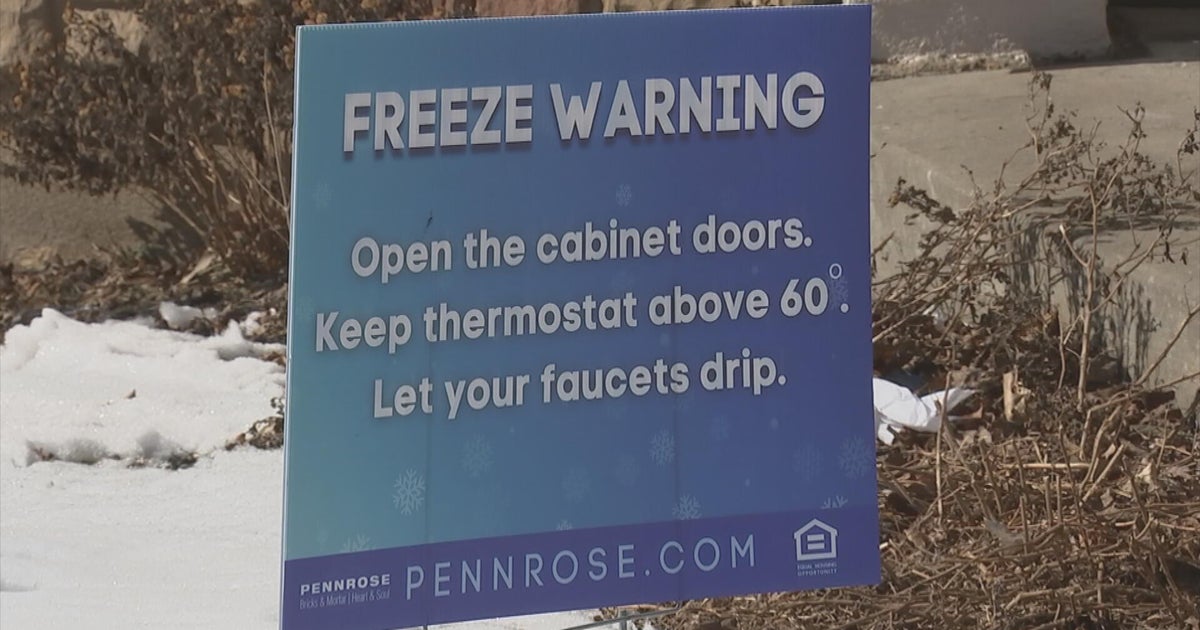Planned Summit Stage transit building will have Colorado workers sleeping over the buses they drive
For several years there has been a housing crisis in Colorado's mountain resort towns. In areas like Summit County leaders are showing just how far they're willing to go to bring more housing to the places that desperately need it. The county received grants to build a new transit building to house the county's free buses, and now they're adding housing to that plan, too.
You could call it creative problem solving or efficient use of space. The county's plan for a new Summit Stage transit headquarters includes 10 units of housing for employees to live in to help sweeten the deal.
It's a move that Chris Lubbers, Transit Director for Summit County, said is optimizing the new building, which is replacing the older building first built in 1997, and which the county has since outgrown. The estimated cost of the project is $43 million, with 80% of that covered by grants.
The housing instillations on top of the building will be funded by other grants or the county budget, considering the current grants only cover transit purposes. Lubbers believes they need to focus on making sure the department is ready to meet the demands of a community population boom.
"We want to make sure that we have the infrastructure to grow and serve these growing neighborhoods, especially these disadvantaged neighborhoods we are talking about," Lubbers said. "This new facility will do that for us."
Not only will it ensure service continues on the free bus that gets people to and from cities in Summit county (as well as Lake County and Park County) but the ski resorts, too. The transit department plans to install the infrastructure for a fully electrified fleet of buses, which is their eventual goal. Right now, the county has three electric vehicles, it expects to have seven next year.
All these plans are only possible if there are people to drive the buses, too. In order to make sure he's attracting the right talent for positions, Lubbers said a combination one-two punch with competitive salaries and housing options will make sure he gets the best applicants for the job.
"The folks driving these buses are sometimes looking for housing, sometimes living in their cars, sometimes sharing multiple folks in a one-bedroom apartment," Lubbers said. "This helps us attract the talent we need."
The ten units themselves are small, no doubt, but Lubbers said he's proud of what the county will be able to offer to applicants.
"This housing is very efficient, it's 400 square foot units, but they are dignified in their design," Lubbers explained. "Which means they are very livable, we expect this to be a very comfortable living experience where it feels like you have gotten away from work, so then you can go out and drive the buses and provide good service, not be fatigued, all those things."
The units are planned to include their own kitchen, washer and dryer, and balcony with a view of the mountain range. It will also be directly above the bus bays, at least according to the planned mockups provided by the county. Lubbers said they anticipated any potential issue with keeping work and home separate for these employees, making sure they have a different hallway and staircase that separates them from the office itself downstairs, and good insulated walls and windows to make sure the sound of work doesn't constantly creep through.
Plus, they say it beats commuting along Interstate 70 every winter.
"Our employees' average commute is 15 minutes to an hour and a half," Lubbers said. "We have folks coming from other counties, across this county ... (with these units, that changes to) being able to simply walk down a set of stairs, go through a door and be at work."
Work is expected to get started late 2024 and finish in 2026.











